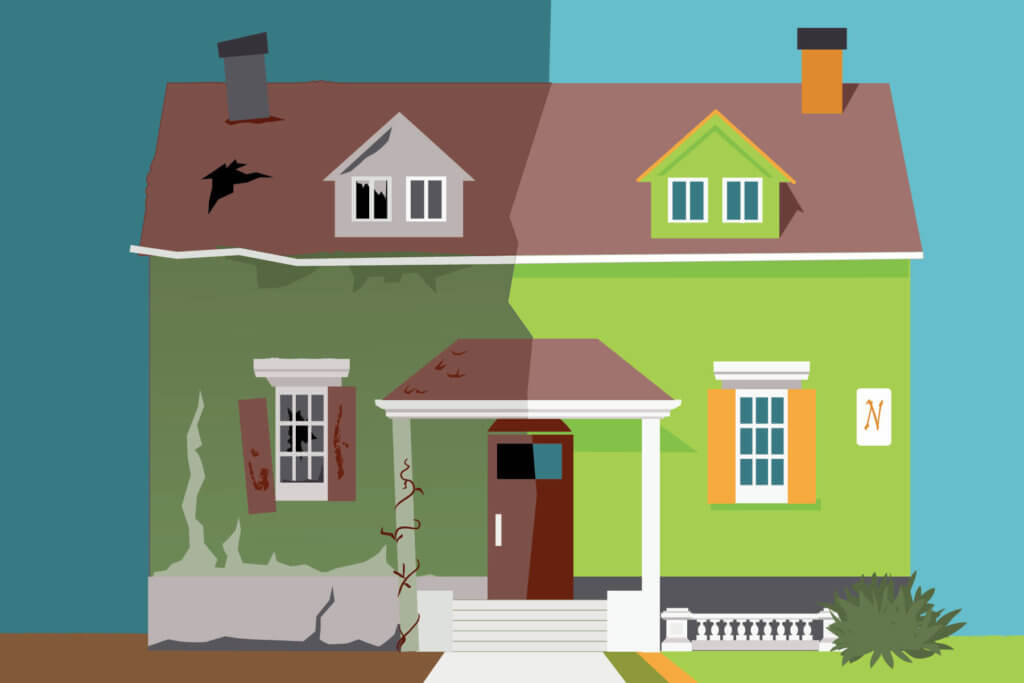7 Tips to Fix & Flip
1. Seasoned realtor with a strong grasp on marketing
It’s important to team up with an experienced realtor. Find someone who has been working in the area for a long time, and knows the market backwards and forwards. They could also potentially recommend a reliable construction crew, talented photographer, and other connections that will make your first flip run smoothly.
2. Create a detailed business plan
Flipping houses is not a hobby, it is a business, and must be treated as such. Otherwise, you run the risk of losing a lot of money and gaining a lot of headaches. Map out every possible expense while determining your budget, and always calculate for unexpected costs.
3. Start small
For your very first flip, start small. Do not take on a huge and expensive project your first go-around. On one hand, the margin for losing money will be much larger, and on the other, you could get very overwhelmed very quickly. Begin with a small house with fairly simple renovations, then work your way up as you gain experience and continue expanding your networking web.
4. Seek an up-and-coming neighborhood
Do your research and parse out a neighborhood on the edge of booming. This is likely to attract millennial buyers, who are looking for their starter home and also want to be in an affordable and edgy area. Make conversation with local business owners and homeowners to pick up on where the neighborhood is heading. Tailor from there.
5. Focus on paint, hardware and lighting
These are some smaller tweaks that can make a big impact upon a house. They catch the eye automatically and can up the value of the home in a substantial way. Add a new paint job, create a feeling of vitality within the space, and upgrade eye-catching hardware. Make sure lighting is abundant, and investing in a unique piece will pull in decor-oriented buyers.
6. Great credit
Having great credit is essential! You do not want to rack up a lot of debt (and interest) while flipping a home. Raise that credit score, save cash, and keep the transaction as clean as possible. This will help you with pre-approval as well!
7. Follow the 70% rule
The 70 percent rule state that an investor should pay 70 percent of the ARV (After Repair Value) of a property minus the repairs needed. The ARV is the after repaired value and is what a home is worth after it is fully repaired. This will produce an estimated 30% profit.





Comments
Post a Comment